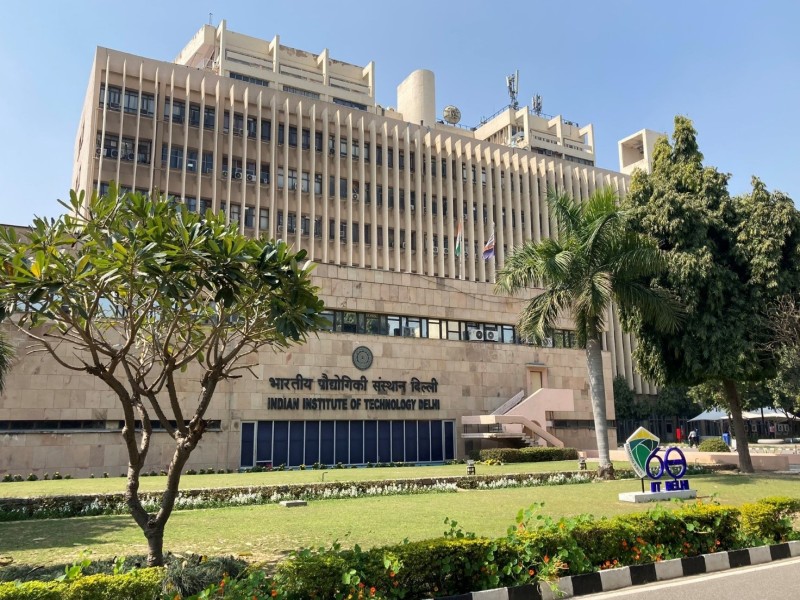IIT Delhi revamps curriculum to reduce student burden, meet industry demands
Indian Institute of Technology (IIT), Delhi has completely revamped its curriculum after 12 years with concerns about burden on students and changing industry demands being among the major reasons behind the massive exercise, according to director Rangan Banerjee.
Banerjee informed media sources on Tuesday that the last curriculum revision was done in 2013.
“The industry demands are rapidly changing…there is a whole new emergence of AI and focus on sustainability. The exercise for this revamp began in 2022. Over the last few years we have taken extensive stakeholder feedback. We have been talking to our alumni, students…our faculty are involved with industry and society. We have tried to incorporate flexibility to make the curriculum more exciting for students,” he said.
“The concern about burden on students was definitely one of the factors which guided our curriculum revamp. We have restricted the number of core credits per semester and specially in the first two semesters when the first year students join, they will have a relatively reduced load. We have also tried to see that in the first year the class sizes are smaller,” he added.
Banerjee explained that the reduced class size for first two semesters will now be 150 instead of 300 to ensure more personalised attention.
“We have also focused on learning by doing. So this has been on our minds to reduce the stress but we also want to ensure that we have elements of rigour and choice in our curriculum and then try to minimise the load,” he added.
An honours programme has been introduced as an add-on to the BTech degree. Additionally, an undergraduate student can now petition for an M Tech degree in any available M Tech programme at IIT Delhi at the end of their third year. This will allow a student to graduate with both bachelor’s and master’s degrees in five years.
“One of the important changes that has been introduced in the curriculum is in programming education by integrating AI-based code generators into the introductory course on programming. Students from all BTech streams will have to undergo mandatory training on how to use AI responsibly and ethically to future proof them,” he said.
“Similarly each graduate will have some training in sustainability. We are providing more opportunities for hands-on learning, internships and teamwork, so that our graduates will be more future ready and will be able to actually make an impact in India and the world,” he added.
The 15-member curriculum revamp panel extensively studied the syllabus being taught at eight institutions–Stanford University, Massachusetts Institute of Technology (MIT), Cambridge University; Harvey Mudd College, California; Rose-Hulman Institute of Technology, Indiana; besides IIT Bombay, Gandhinagar and Hyderabad.
Also read: Five more foreign universities to set up campuses in India

















Add comment